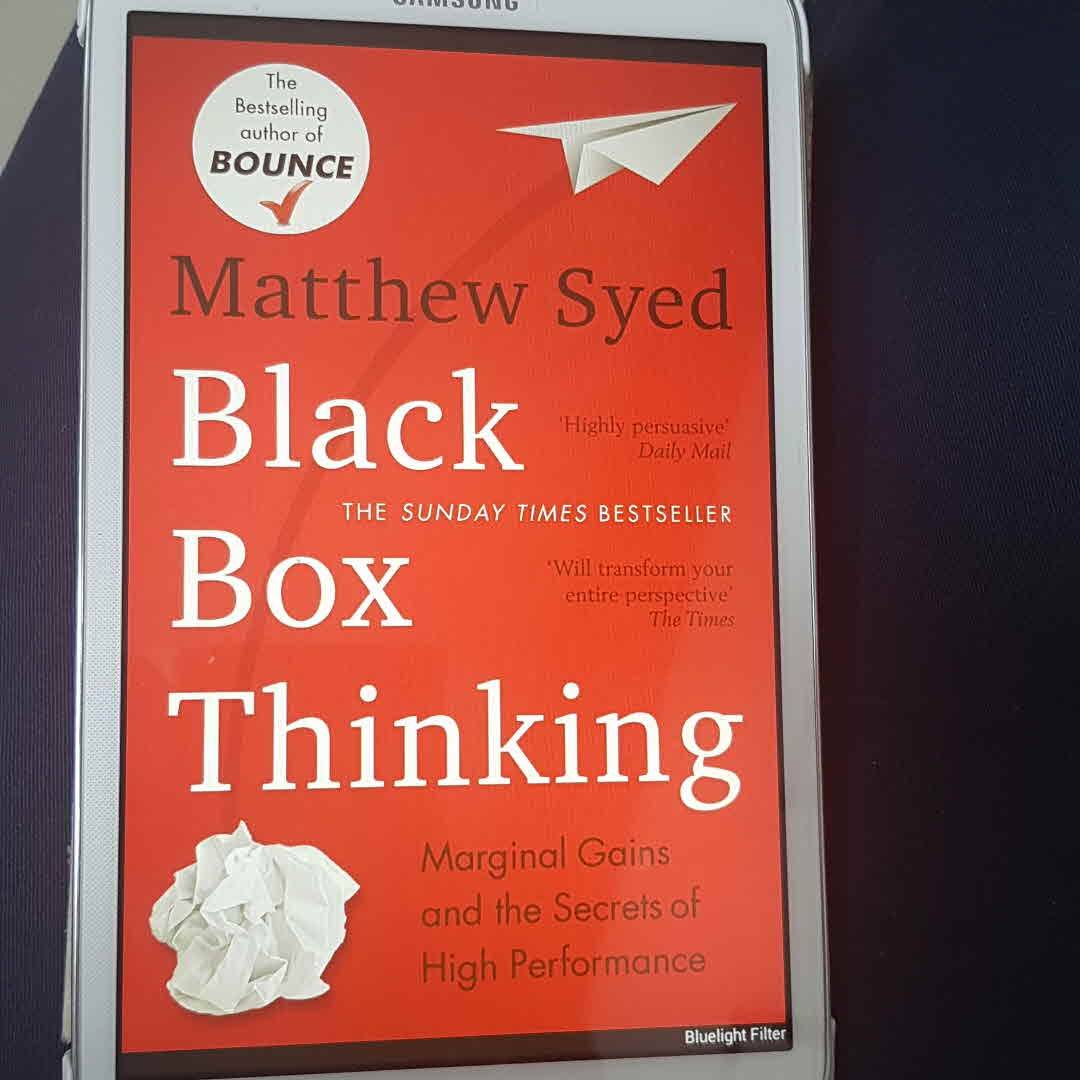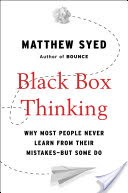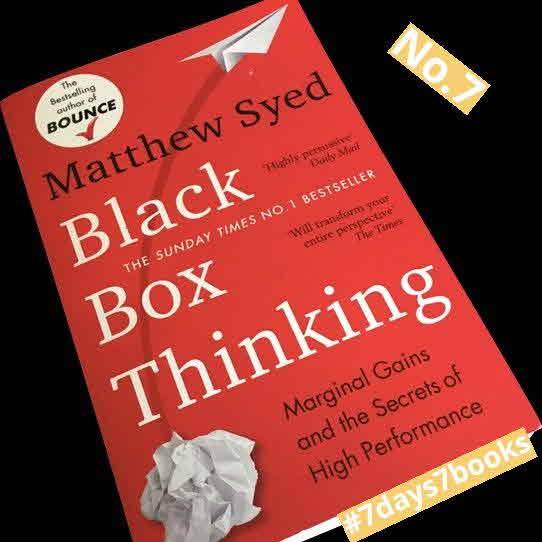
A very important subject- The importance of failures, need to accept failures and learn and improve from them- by individuals and organisations. Needs to be incorporated in the school curriculum. The author compares Aviation sector , which has actively reported crashes and learnt from its mistakes with the medical and law enforcement sectors which are not open about their failures.























